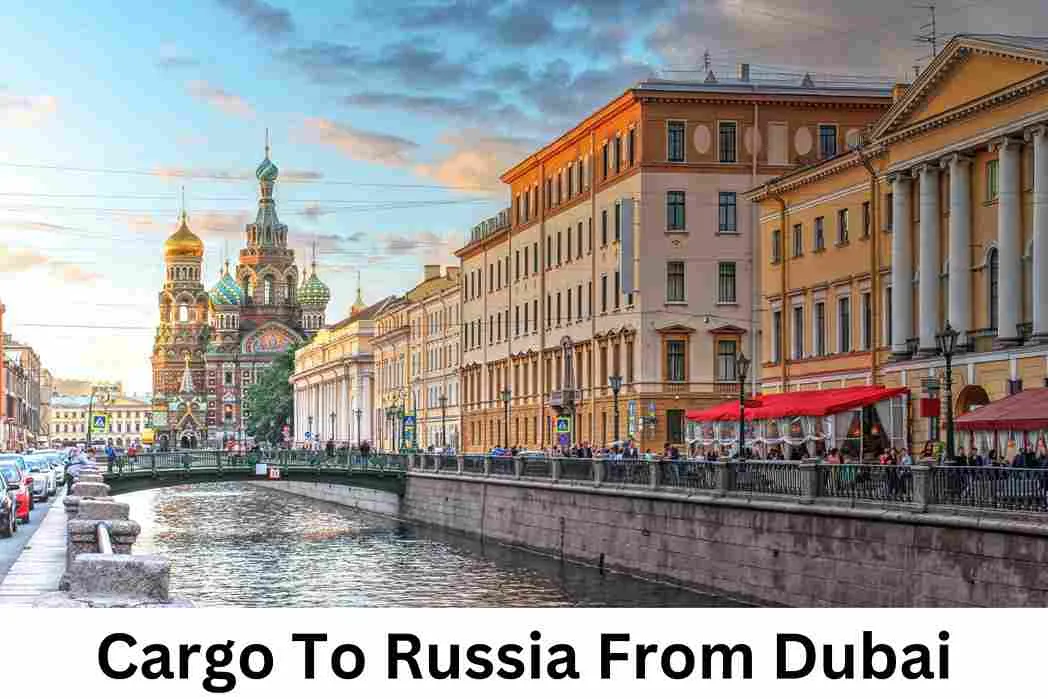Dubai, known worldwide for its glittering skyscrapers and stunning architecture, has seen its real estate market experience remarkable growth over the last few decades. But this rapid expansion has led to a current issue that the city is grappling with: an oversupply of properties. You can read more about Dubai Real Estate articles on One House Real Estate official site.
Understanding Oversupply
In real estate terms, oversupply occurs when the volume of properties available in the market significantly exceeds the demand from buyers or renters. This imbalance usually arises when construction outpaces the rate of new households moving into the area, or when economic conditions affect people’s purchasing power.
The Genesis of the Oversupply Problem in Dubai
Understanding the origin of the oversupply problem in Dubai’s real estate market requires going back a couple of decades, to when Dubai embarked on its ambitious journey to become a global hub for business and tourism.
In the late 1990s and early 2000s, Dubai initiated a massive transformation. To accommodate its growth plans, the city saw an unprecedented construction boom. Mega projects such as the Palm Jumeirah, Burj Khalifa, and the Dubai Marina were launched, putting Dubai firmly on the world map and attracting investors globally.
Fueling this construction spree was a rapidly growing economy bolstered by high oil prices, robust trade, and burgeoning tourism. Property developers, both local and international, flocked to the city to launch new residential and commercial projects, further pushing the real estate sector’s growth.
The demand for real estate initially matched the rapid pace of construction, primarily driven by expatriates moving to the city for work and business. However, as the number of projects grew, so did the volume of properties, leading to an oversupply.
Several factors contributed to this imbalance. Firstly, the global financial crisis of 2008 led to a significant contraction in Dubai’s real estate sector, causing a disconnect between the supply of properties and demand.
Following this crisis, Dubai quickly bounced back, but the construction projects resumed at a faster rate than the actual demand recovery. The city’s ambitious growth strategy further fueled this, with developers announcing more mega projects.
Additionally, changes in visa laws and geopolitical issues led to fluctuating expatriate populations, affecting the demand side of the equation.
Lastly, the COVID-19 pandemic has played a significant role in exacerbating the oversupply issue. The pandemic has affected global mobility and caused economic uncertainty, leading to reduced demand for properties in Dubai.
Today, the oversupply issue remains a significant challenge for Dubai’s real estate market. However, understanding its genesis can help developers, policymakers, and investors make more informed decisions to help address the situation and potentially steer the market towards a more balanced future. Therefore prior planning is required before looking for the best property to buy in Dubai to avoid any future risk.
Impact of Oversupply on Property Prices
Oversupply has a notable impact on property prices. With more properties than buyers, sellers often have to reduce their asking prices to attract interest. In Dubai, this has led to a decrease in property prices in several areas, affecting both sellers and investors who face devaluation of their assets.
Oversupply and Rental Market
The rental market also feels the effects of oversupply. With a glut of rental properties and not enough tenants, landlords often have to lower their rental prices or offer additional incentives to attract occupants. This has increased vacancy rates and caused rental yields to shrink in Dubai.
Oversupply Issue and Property Developers
Property developers are significantly impacted by oversupply. When there’s a glut of properties, developers may find it challenging to sell new units, leading to stalled or delayed projects. Several developers in Dubai have had to reassess their plans due to the current oversupply situation.
Oversupply’s Effect on Investors
For investors, an oversupplied market can mean lower returns. With falling property prices and reduced rental income, the return on investment (ROI) can be adversely affected. Therefore, potential investors in Dubai’s real estate market need to be aware of this issue.
Government Measures to Address Oversupply
The Dubai government has recognized the oversupply issue impacting the real estate market and has initiated several strategic measures to address it.
One of the key steps has been the establishment of the Higher Committee for Real Estate Planning. Launched in 2019, this committee is tasked with regulating and controlling the pace of real estate projects in the city, ensuring that construction is aligned with demand and market realities. It aims to achieve a balance between supply and demand, curbing the overproduction of properties and encouraging market stability.
In a move to attract more foreign investment and stimulate demand, the government has made changes to its visa policies. For instance, it introduced long-term visas, up to 10 years for investors, entrepreneurs, and professionals in certain fields. It also launched a retirement visa scheme for foreign nationals over the age of 55, potentially attracting more residents who could increase the demand for homes.
Further, in 2020, the Dubai government launched a virtual asset regulation law to attract institutional investors in the real estate sector. It aims to attract more foreign direct investment into the country, increasing demand for real estate.
On a larger scale, the government has been focusing on economic diversification strategies to reduce reliance on the oil sector. These strategies aim to boost industries such as tourism, finance, and technology, attracting more businesses and workers to the city, which could drive demand for real estate.
Lastly, the government has been actively promoting affordable housing projects. By encouraging developers to focus on this sector, the government hopes to meet the demand from middle-income residents, a segment of the market that has been underserved in the past.
The Future of Dubai’s Real Estate Market
Looking ahead, the oversupply issue will likely continue to shape Dubai’s real estate market. Market recovery may hinge on several factors, including the economy’s overall performance, population growth, and the balance of supply and demand.
The oversupply problem in Dubai’s real estate market is a significant concern that prospective buyers, renters, and investors need to be aware of. It’s a complex issue, influenced by a variety of factors. Nevertheless, understanding this challenge is crucial to making informed decisions in this market.


